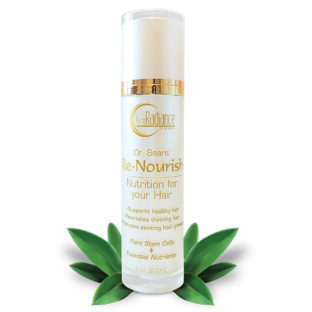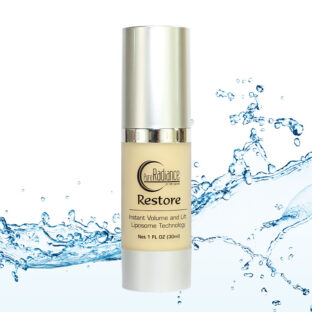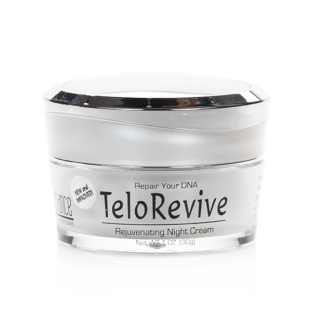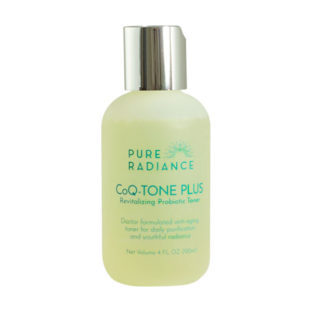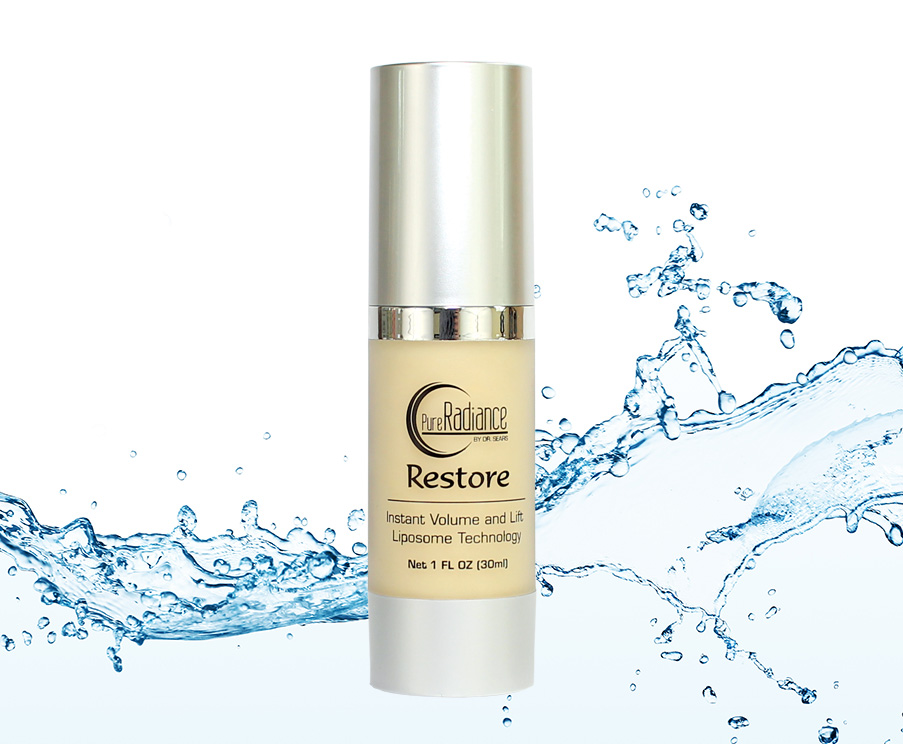Unless you’re pregnant, most doctors don’t worry about how much folate you get. But they should…
It’s one of the vitamins (also known as B9) doctors tell you to take because it prevents birth defects involving the child’s brain and spinal cord. Taking extra folate during the first few weeks of pregnancy prevents most cases.
Folate is key to healthy cell division. That’s important to developing fetuses. But folate also protects your brain as you get older.
I’ve seen women at my Wellness Center who have been misdiagnosed by standard doctors as “senile” when they simply have a severe folate deficiency. Then the doctor has a dismissive attitude toward them because the women aren’t “with it” anymore. Like, “I don’t want to talk to you … where’s your son? Is he in the waiting room?”
There’s good evidence most women should take extra folate throughout their lives.
A new look at over 7,000 people from the Women’s Health Initiative Memory Study showed that women who got less than even the recommended daily intake of folate had a huge increase in their risk for dementia.1
And two studies our of Great Britain show that taking extra folate lowers homocysteine (HCS) levels by about 15%.2,3
Why is that important? Because high homocysteine is also linked to poor brain function4 and may increase risk for brain diseases like Alzheimer’s.
I’ve written about homocysteine before. It’s a marker of inflammation. And inflammation is behind many of the diseases linked to aging.
Many studies link folate supplements to lower homocysteine (HCS). An Australian study also showed a folate/HCS imbalance leads to damage to your DNA.5
High homocysteine also shortens telomeres
The good news is, folate lengthens telomeres, which may be a reason why it protects your brain.
Tufts University scientists compared telomere length and folate levels in a group of men. Those with higher than average folate levels had longer telomeres than those people who got less folate.6
And here’s where folate gets interesting. Because a brand new study from Georgetown University found homocysteine is linked to inflammation and telomere length. And both are linked to dying early.
A study of 942 Taiwanese adults – aged 54+ – found shorter telomeres in those with higher homocysteine. And those with shorter telomeres dies earlier.7
Another study – also from Tufts – measured folate levels and telomere length in more than 1,000 adults. The researchers discovered that people with low folate levels tended to have shorter telomeres than those with a healthy folate status.8
The recommended intake of folate is 400 mcg a day. But that’s not enough to protect your brain and lower homocysteine, and keep your telomeres longer.
I recommend double that much, 800 mcg a day.
Spinach and asparagus are good food sources – with about 130 mcg per ½-cup. A cup of romaine lettuce or raw spinach has about half that amount. And if you enjoy beef liver, you’ll get about 215 mcg per 3-oz. serving.
If you take supplements, add up the folate (folic acid, B9) in all of them. And remember folate is water-soluble, so you don’t need to take it with food, but you can’t “store it up” for later. Your body flushes out what it doesn’t use. And that means you need to get folate (and all the B vitamins) every day.
To Your Good Health,
Al Sears, MD
1. Agnew-Blais J, Wassertheil-Smoller S, Kang J, Hogan P, Coker L, Snetselaar L, Smoller J. “Folate, Vitamin B-6, and Vitamin B-12 Intake and Mild Cognitive Impairment and Probable Dementia in the Women’s Health Initiative Memory Study.” J Acad Nutr Diet. 2014; pii: S2212-2672(14)01056-9.
2. Holmes V, et al, “Homocysteine is lower in the third trimester of pregnancy in women with enhanced folate status from continued folic acid supplementation,” Clin Chem. Mar 2005; 51(3): 629-634.
3. McNulty B, et al, “Impact of continuing folic acid after the first trimester of pregnancy: findings of a randomized trial of Folic Acid Supplementation in the Second and Third Trimesters,” Am J Clin Nutr. 2013; 98(1): 92-98.
4. Eussen S. “The association of betaine, homocysteine and related metabolites with cognitive function in Dutch elderly people.” Br J Nutr. 2007;98(5):960-8.
5. Fenech, M, et. al. “Folate, vitamin B12, homocysteine status and chromosome damage rate in lymphocytes of older men,” Carcinogenesis. 1997; 18(7): 1329-1336.
6. Paul L, et. al. “Telomere length in peripheral blood mononuclear cells is associated with folate status in men,” J Nutr. 2009; 139(7): 1273-1278.
7. Glei D, et. al. “Shorter Ends, Faster End? Leukocyte Telomere Length and Mortality Among Older Taiwanese,” J Gerontol A Biol Sci Med Sci. 2014. pii: glu191. [Epub ahead of print]
8. Paul L, et. al. “High plasma folate is negatively associated with leukocyte telomere length in Framingham Offspring cohort,” Eur J Nutr. 2014. [Epub ahead of print]


